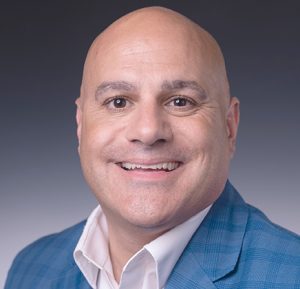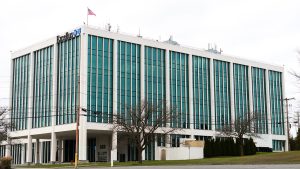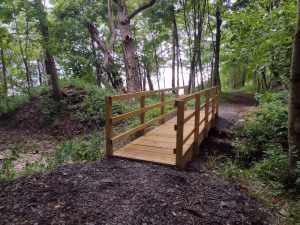SYRACUSE, N.Y. — The City of Syracuse will use $200,000 for projects focused on algae-bloom monitoring and treatment as well as vacant structure monitoring and inspection.
The city will use $150,000 for the algae-bloom project and $50,000 for the vacant-structure project. The funding is part of $1 million that Empire State Development (ESD) announced for seven cities on Friday.
The recipients will use the money to develop public-private partnerships that will deploy technology to address “pressing” municipal challenges, particularly as New York “builds back better” from the COVID-19 pandemic, ESD said in a release.
(Sponsored)

The End of Non-Compete Agreements in New York?
Among the tidal wave of changes impacting employers, ranging from updated anti-harassment laws, restrictions on absenteeism policies and new pay transparency rules, New York is now poised to restrict the

How CH Insurance’s BOOST Program Optimizes Group Benefits for Small Businesses
For small business owners, navigating the complexities of group benefits can be overwhelming. Between compliance regulations, cost considerations, and employee expectations, offering a competitive benefits package often feels like a
The Syracuse projects
For the vacant-structure monitoring and inspection, the City of Syracuse will use $50,000 to deploy “smart building” technology to monitor existing empty structures. The goals of this project include using sensors to monitor interiors (for matters that include water damage, fire, and heat issues, and “compromised” doors/windows. The sensors will also monitor exteriors for code violations, making it “easier and quicker” for an inspector to identify safety issues at vacant buildings.
The project will allow the city to “proactively” deploy inspectors to vacant buildings when remotely sensed.
The city will also use $150,000 to deploy unmanned aerial systems (UAS) to monitor Skaneateles Lake for harmful algae blooms (HABs).
The goals of this project include “effectively and efficiently” collecting and testing water samples, visually and automatically mapping HAB formation, identifying the environmental factors that increase algae-bloom generation, and deploying automated mitigations and treatments to reduce presence of HABs.
In addition to Syracuse, New York City, Glens Falls, Schenectady, Saratoga Springs, Southampton on Long Island, and Jamestown were also awarded funding in this program, ESD said.
Background
All the cities were awarded funding through New York State’s Smart Cities Innovation Partnership. It’s a collaboration between ESD, the technology & innovation portfolio in the governor’s office, and the Israel Innovation Authority.
The cities will connect with technology companies and academic experts throughout the state, using “emerging technologies to improve government services and resident quality of life,” ESD said.
IIA will provide up to $1 million in additional funding for Israeli companies that are competitively selected to support funded projects.
The partnership, which was first announced during Gov. Andrew Cuomo’s July 2019 “solidarity and trade mission” to Israel, will pursue solutions to municipal problems in the context of “building back better” from the ongoing COVID-19 pandemic, which has had an “enormous impact on the day-to-day lives of New York residents and the importance of municipal-government services,” per the ESD.




